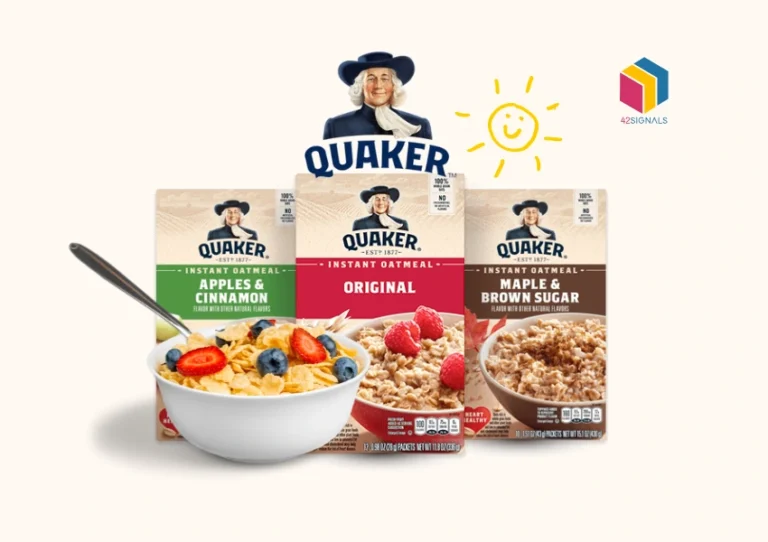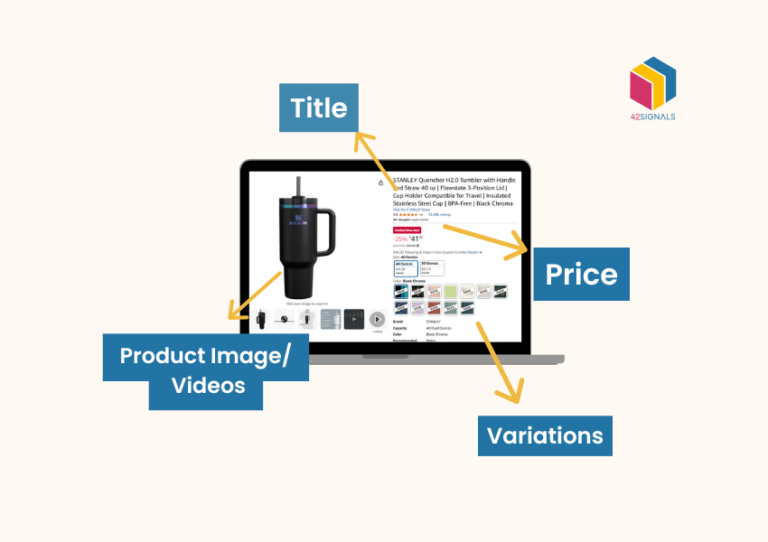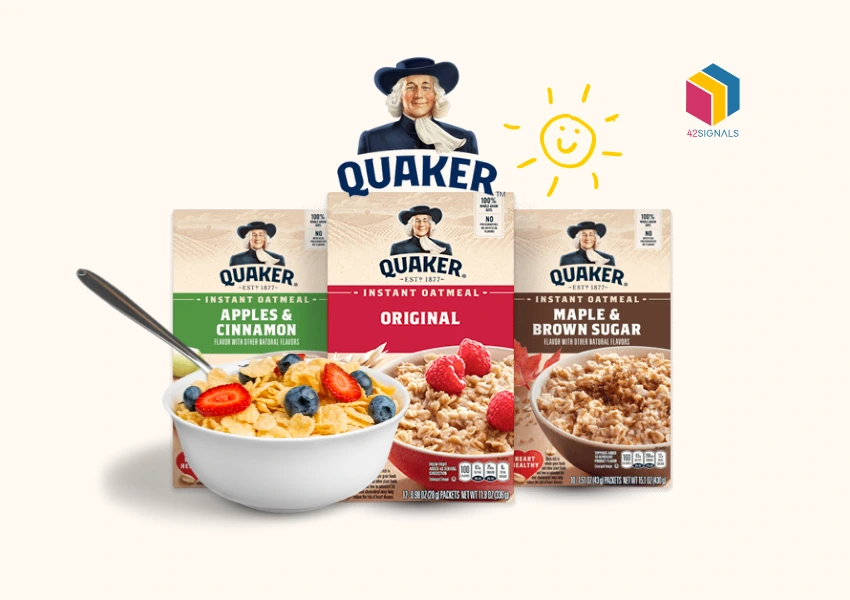Achieving success on Amazon is not solely dependent on product listings; instead, it involves mastering a creative process that encompasses shrewdness, planning, and comprehensive knowledge of the platform. Given the escalating number of rivals and the intricate algorithms governing exposure, distinguishing oneself on Amazon Retail has grown progressively more difficult.
In today’s fiercely competitive landscape, simply meeting expectations falls short; sellers need to surpass standards in multiple areas to effectively captivate potential customers and ultimately motivate them to add items to their shopping carts.
The following insider tips are not just techniques but pivotal elements for transforming an average Amazon presence into a remarkable sales powerhouse.
Armed with these tailored suggestions, sellers can navigate the vast Amazon landscape with the precision and effectiveness needed to skyrocket their sales.
The Amazon Retail Algorithm: Key to Visibility
The Amazon Algorithm (A9), dictates product visibility on the platform. Sellers must optimize listings to enhance discoverability.

Image Source: https://www.linkedin.com/pulse/understanding-amazons-a9-algorithm-sellers-guide-success-verma-t3tec
- Keyword Relevance: Integrate high-traffic keywords in product titles, descriptions, and bullet points.
- Performance Metrics: Maintain competitive pricing, high-quality images, and positive customer feedback.
- Sales Velocity: Higher sales lead to improved rankings, emphasizing the need for effective marketing strategies.
- Inventory Management: Consistent product availability avoids negative impacts on ranking.
- Advertising: Utilize Amazon’s advertising tools to boost product prominence.
Understanding and leveraging these algorithm factors is critical for sellers aiming to increase their Amazon visibility and drive sales.
Optimizing Product Listings on Amazon Retail for Maximum Conversion
To enhance product listings for increased sales on Amazon, sellers must focus on:

Image Source: Your Guide to Using Amazon Listing Optimization to Drive Reach, Conversions, and Revenue
High-Quality Images:
Showcase products with high-resolution images that display different angles and uses. This visual appeal can significantly affect buyer decisions.
Detailed Descriptions:
Employ bullet points for clarity, incorporating relevant keywords. Detailed, concise descriptions better inform customers, leading to confident purchases.
Benefit-Oriented Features:
Highlight benefits that resonate with the target audience rather than just listing features.
Pricing Strategy:
Implement competitive pricing. Monitor and adjust according to market trends and competitor pricing.
Customer Reviews:
Encourage reviews. Positive feedback builds credibility and trust, persuading potential buyers.
Mobile Optimization:
Ensure listings are mobile-friendly, as a considerable amount of Amazon shopping occurs via mobile devices.
Employing Strategic Pricing Techniques to Stay Competitive
To enhance sales on Amazon retail, sellers must employ dynamic pricing strategies. This requires:

Image Source: 14 pricing strategies and examples | QuickBooks
- Monitoring Competitors: Routinely monitoring competitors’ pricing via a competitor analysis dashboard guarantees that your products stay competitively priced while preserving profitability.
- Leveraging Automated Tools: Adopt automated repricing software that can promptly react to market fluctuations, thereby sustaining a strategic advantage.
- Dynamic Pricing Based on Time: Take into account fluctuating demand levels during specific periods, including sales promotions like Black Friday, to modify prices appropriately.
- Price Skimming: When launching novel or exclusive items, begin with elevated price points then progressively decrease them over time to counteract increasing competition.
- Psychological Pricing Techniques: Employ pricing tactics designed to subtly impact consumer decision-making, for example, setting prices at $19.99 rather than the round number of $20.
By applying such techniques, sellers can create a powerful pricing strategy that attracts buyers and boosts sales while adapting to the highly competitive Amazon retail marketplace.
Harnessing the Power of Customer Reviews and Feedback
Customer reviews and feedback are invaluable for boosting Amazon sales. To leverage them effectively:
- Solicit Reviews: Encourage buyers to leave reviews by following up with post-purchase emails or through Amazon’s automated request system.
- Respond to Feedback: Show customers their opinions matter by promptly addressing their comments, questions, and concerns.
- Analyze Trends: Use negative feedback to identify product issues or areas for improvement, adapting your inventory and descriptions accordingly.
- Feature Top Reviews: Highlight positive reviews in your product listings to build trust with prospective customers.
- Utilize Feedback in Marketing: Share glowing testimonials on social media or in product images to amplify persuasive customer endorsements.
Actively engaging with customer feedback can significantly influence shopping behavior and lead to increased sales on Amazon.
Leveraging Amazon Retail Advertising for Targeted Exposure
In the competitive Amazon Retail, visibility is key. Sellers should capitalize on Amazon’s advertising tools to enhance their product’s exposure. These targeted advertising solutions include Sponsored Products, Sponsored Brands, and the Amazon Demand-Side Platform (DSP).

Image Source: Amazon Advertising Cost: How Much Are Amazon Ads? – Mutesix
- Sponsored Products boost the visibility of individual listings and drive traffic to specific product pages, ideal for promoting distinct items.
- Sponsored Brands allow sellers to showcase their brand and a selection of products, increasing brand awareness.
- Amazon DSP offers the opportunity to reach wider audiences both on and off Amazon, aligning with potential customers based on their interests and shopping behavior.
Investing effectively in Amazon advertising campaigns enables sellers to position their products in front of the consumers most likely to buy, magnifying sales potential.
Analyzing Metrics to Continuously Improve Your Sales Strategy
To optimize your Amazon sales strategy, one must diligently analyze a range of performance metrics. These include:
- Sales Conversion Rates: Track how often clicks result in purchases. Improve listings and ensure your pricing is competitive to boost conversion.
- Customer Reviews and Feedback: Regularly reviewing customer feedback can reveal product strengths and weaknesses, informing possible improvements.
- Inventory Management: Monitor your stock levels and sales velocity to maintain optimal inventory and avoid stockouts or excessive overstock.
- Advertising Performance: Analyze your ad campaigns, focusing on metrics like Advertising Cost of Sale and Total Advertising Cost of Sale to measure efficiency and ROI.
- Return Rate and Reasons: Examining return data helps to identify product issues or customer dissatisfaction, allowing for corrective actions.
Continuously refining your sales approach based on hard data will keep your Amazon business agile and customer-focused, leading to sustained growth.
Conclusion on Amazon Retail
To thrive as an Amazon seller, you need to have a solid understanding of strategic approaches and be flexible enough to adjust to the frequent shifts in this cutthroat platform.
By employing inside advice like enhancing product listings, taking advantage of Amazon’s promotional tools, availing FBA services, accumulating and making use of customer feedback, and consistently monitoring your competitors, you can greatly improve your selling results.
Through determination, perseverance, and a strong grasp of these strategies, vendors stand to boost their Amazon retail operation substantially, leading to impressive sales development and sustainable achievements over time.







